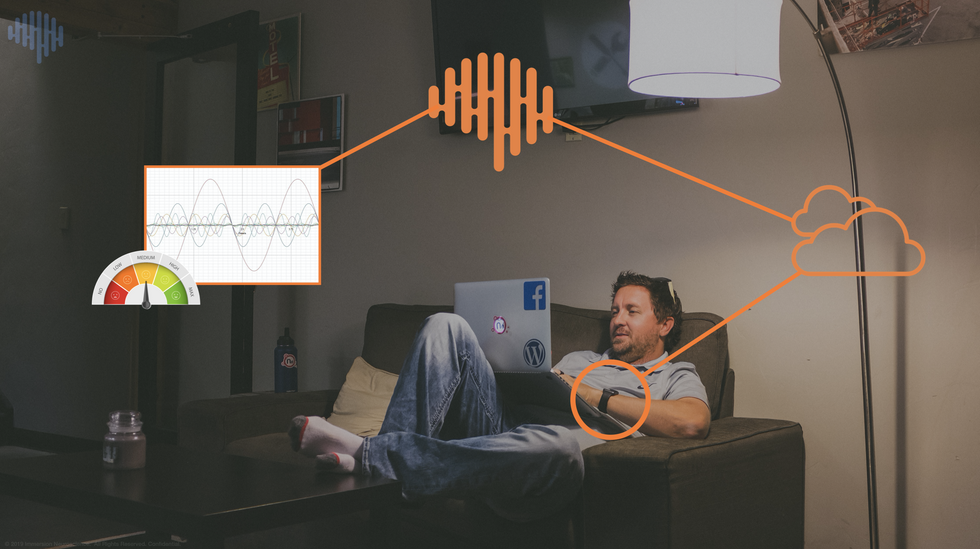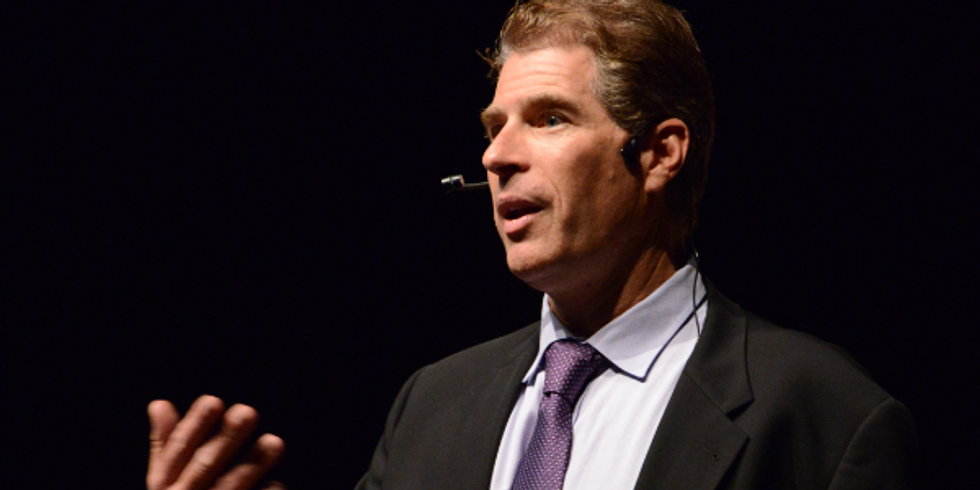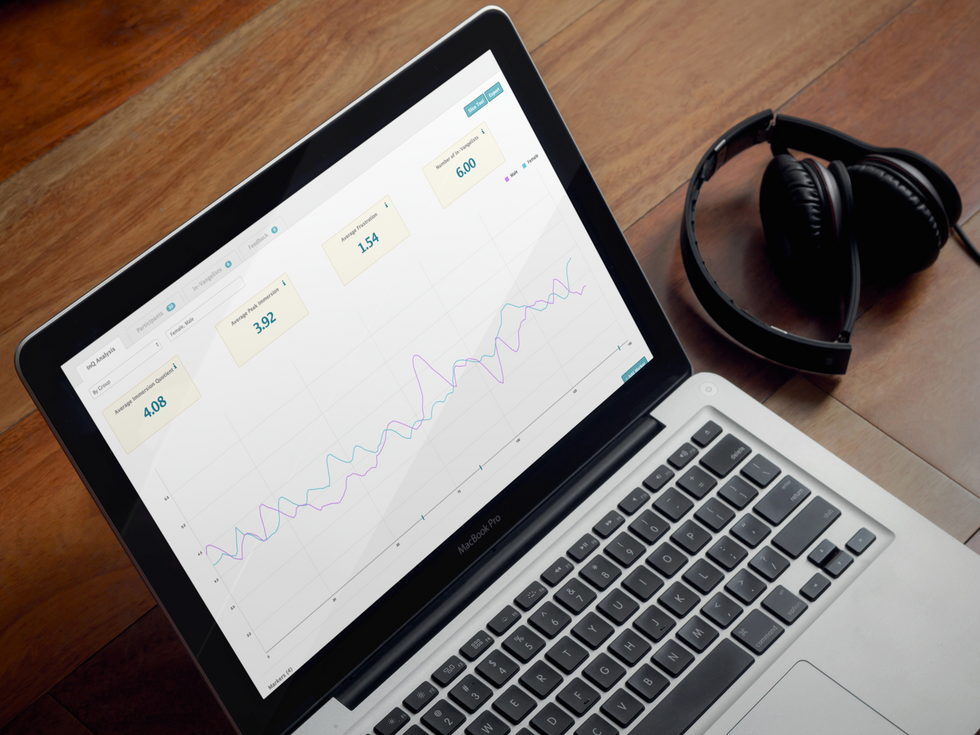Scheduling Apps Have Been Around a Long Time, So Why’s It So Hard To Book a COVID Vaccine Appointment?
Los Angeles residents scrambling to book vaccination appointments by refreshing their web browsers and flooding hotline numbers are out of luck. By Monday, most appointments on city and county-run websites were taken for the week.
It took just 10 minutes for thousands of reservations to get snapped up on L.A. city's appointment site run by Carbon Health last week.
"The experience has been a little bit like trying to get Rolling Stones tickets," said Sujal Mandavia, the chief medical officer of the San Francisco-based company.
As the city and county update their respective sites with new appointment slots, many eligible for the vaccine are hitting roadblocks — some users seeing appointment times that, in reality, have already been booked. The county is receiving about 160,000 doses each week. According to the state's epidemiologist, vaccinating the region's estimated 1.3 million people over 65 will take until June.
The rush to schedule vaccinations for health care workers, residents of nursing homes and, now, people 65 and older will serve as a logistical trial for a larger roll out expected over the coming months. It's become a test of tech providers' ability to build platforms that match the steady wave of traffic.
"It's just been very difficult because of the overwhelming demand," Mandavia said.
On Monday, Carbon Health's website announced that it was not taking new appointments at all. And L.A. County Public Health Director Barbara Ferrer said there were no available appointments at county-supported sites through the end of this week. She hopes new slots will be added for Saturday and Sunday.
Patchwork Approach
Without a national strategy for testing or vaccination rollout, cities and municipalities are relying on healthcare and tech companies to digitize tasks from booking appointments to storing medical information.
On Monday, Gov. Gavin Newsom announced a new statewide appointment management site called My Turn.
The platform — built by Salesforce, Accenture and Skedulo — is piloting in Los Angeles and San Diego. It's designed to inform California residents whether they are eligible and, if so, to send them notifications about available slots.
A venture-backed startup founded in 2013, Skedulo has been scheduling appointments for the American Red Cross and supporting coronavirus testing efforts with New Jersey-based BioReference Labs. The majority of its revenue comes from healthcare clients, marketing executive vice president Miles Kelly said, making the company "relatively prepared for the critical mass rollout on the vaccination side."
Navigating the Tech
Kelly said the company has strived to "make something that is super-sophisticated come across as relatively straightforward or simple."
"One of the biggest issues we're experiencing now is that the people that we are striving to get vaccinated are not necessarily those who would be digitally native," said Shira Shafir, a UCLA associate professor of epidemiology.
But even younger people familiar with the internet are struggling to make appointments online.
On Sunday, Shafir saw an email for open appointments and rushed to My Turn to book a slot for her 80-year-old doctoral advisor "knowing with certainty he would not be able to do so."
The website crashed, then listed times that she wasn't able to reserve.
"You look to platforms booking tickets for very in-demand concerts and there are certainly wait lists and people pushing refresh, refresh, refresh," Shafir said. "This is not a new phenomenon, though it might be new to public health."
The city's appointment site will stay up even as My Turn is rolled out across the county. Carbon Health entered the deal to help L.A. schedule its vaccine appointments after working on the city's testing efforts. In a little over a week, the $175 million venture-backed company built the platform to list every open appointment offered at five city-run vaccination sites.
"We have really bulked up our network server resources so that we're able to handle any variation in volume," Mandavia said.
But things could get even more complicated. Johnson & Johnson's vaccine is reportedly inching closer to approval, a development that could pose other challenges, said CORE CEO and co-founder Ann Lee. The nonprofit group operates vaccination pop-ups in L.A. including the Dodger Stadium location.
"It's just a one-dose vaccination which makes life easier, but how do you deal with two different types of vaccines on the same site?" she said.
Lee is reminding residents that most appointment-booking issues have to do with supply and demand. There just aren't enough vaccines available for everyone eligible to get one.
"The thing I have been telling the people I care about is the minute they get the notification that appointments are available, they do need to drop everything," Shafir said. "There are very few things on anybody's calendar that would be more important than getting to a vaccination site."
- 'We should've done more': Bill Gates says US was too slow on ... ›
- Milken Institute Launches COVID-19 Treatment and Vaccine Tracker ... ›
- Three COVID-19 Vaccines Being Developed in Los Angeles - dot.LA ›
- This Twitter Bot Alerts LA Residents About Open Vaccine Appointments - dot.LA ›
- Dr. B Lands in LA So Extra Vaccine Doses Don't Go to Waste - dot.LA ›
- Get Out the Shot Books COVID Shots for Vulnerable Angelenos - dot.LA ›


 A sensor measures the brain's response to content and uploads the data
A sensor measures the brain's response to content and uploads the data Dr. Paul Zak runs the Center for Neuroeconomics Studies at Claremont Graduate College
Dr. Paul Zak runs the Center for Neuroeconomics Studies at Claremont Graduate College An Immersion readout
An Immersion readout